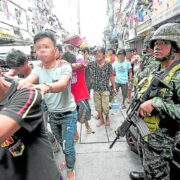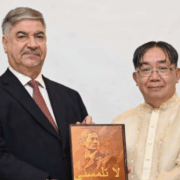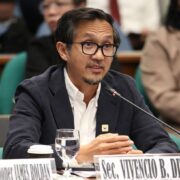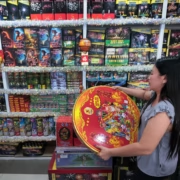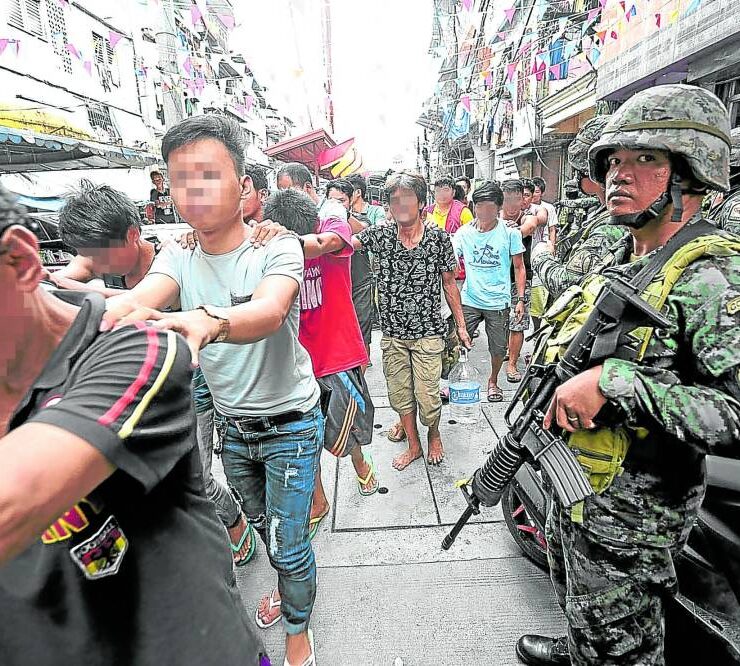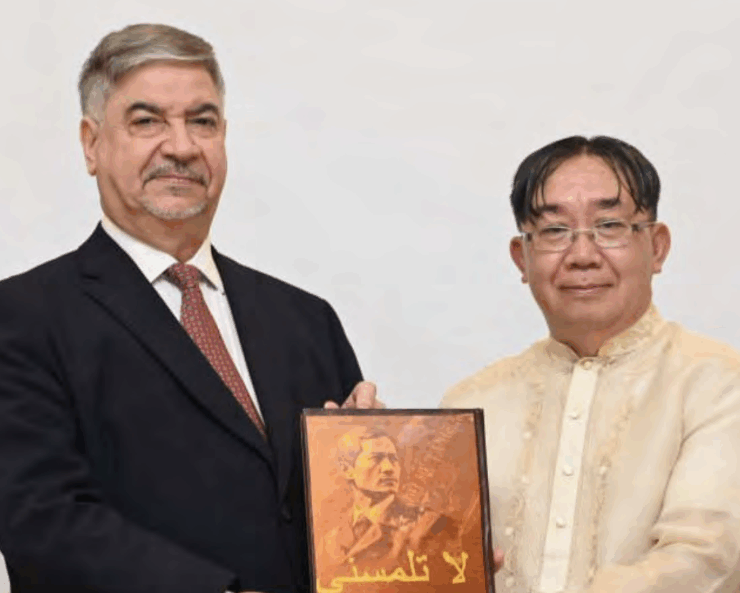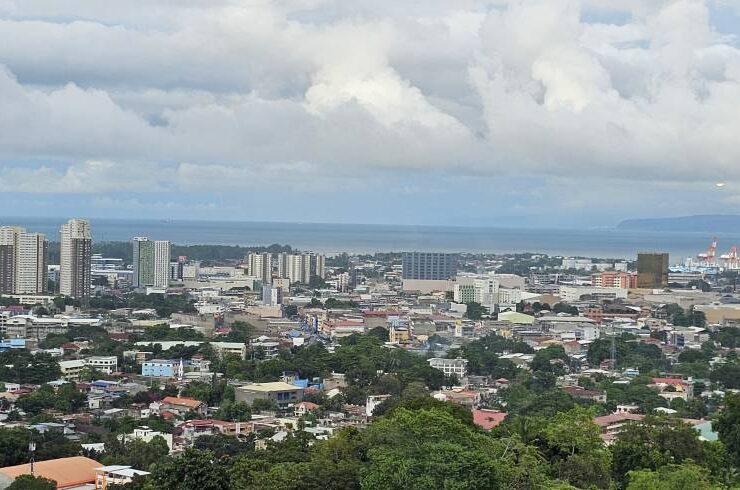Preempting a waiting game

It’s a disappointing development in what had seemed a promising prospect for justice and accountability.
The explosive revelations on the drug war by several witnesses in recent House hearings may have given the government the impetus to seek international sanctions for the brutal killings under the previous administration, but it’s an option it has chosen to forego.
On Monday, Executive Secretary Lucas Bersamin said President Marcos was “not expected to change his mind and now refer the quad comm matter to the [International Criminal Court],” as the country “will not return to the ICC.” The international court is investigating Duterte and other former officials for “crimes against humanity” over thousands of extrajudicial killings in his drug war.
While Duterte and Mr. Marcos have insisted that the ICC no longer has jurisdiction over the country after its withdrawal from the Rome Statute in 2018, the ICC maintains that its jurisdiction covers crimes committed until the effective period of the Philippines’ disengagement in 2019.
In the House’s quad comm hearings last week, Duterte’s former close aide Police Col. Royina Garma disclosed the alleged existence of a reward system that earned police operatives up to P1 million for every drug suspect killed. She named her upper classman Col. Edilberto Leonardo as being on top of the reward scheme.
Chinese drug lords
Garma and Leonardo, whose resignation from the National Police Commission has been accepted by the President, were both implicated by another witness in the killing of three Chinese drug lords inside a Davao prison in 2016, and in the 2020 ambush killing of Philippine Charity Sweepstakes Office board secretary Wesley Barayuga.
Previous witnesses have also linked former Duterte police chief and now Sen. Ronald “Bato” dela Rosa to threats and intimidation to force them to name opposition figures as part of the drug trade. Duterte’s close aide Sen. Bong Go has meanwhile been identified as the alleged source of funds for the reward system. Both have denied the accusations.
While the government’s refusal to cooperate with the ICC is deplorable as it squanders an opportunity to hold to account those behind the drug killings, all is not lost.
Police or private individuals could still file the complaint, and the Department of Justice will launch a probe as long as there is an “initiatory process,” DOJ Undersecretary Raul Vasquez said.
Quad comm co-chair and Surigao del Norte Rep. Robert Ace Barbers meanwhile reiterated that the House “cannot submit anything to the ICC” or “allow [it] access” to its records. But “if [other parties] use the proceedings under different social media platforms, they can do so because they’re public,” he said.
Valuable witness
Among the possible parties who could make use of the quad comm testimonies for the ICC investigation is the National Union of Peoples’ Lawyers, which noted that Garma’s being an insider could make her a valuable witness in the case.
The quad comm, too, can hand over its report to the DOJ, the National Bureau of Investigation, or the Office of the Ombudsman, as “these are the agencies that have the mandate to build on the findings,” Solicitor General Menardo Guevarra said. The role of his office will come in “much later,” he added.
Meanwhile, the farthest Malacañang would venture on the issue is to say that it would support the filing of charges against Leonardo, a decision that it was however leaving “entirely” to the DOJ or Ombudsman.
While commendable, the government’s strict adherence to legal procedures also allows it to dribble the hard decision to other agencies that are understandably running confused by its mixed message of ostensibly pursuing a “rules-based order,” while disengaging with an international court that advances it.
Surreal waiting game
Despite the confusion, the concerned government agencies should get their act together instead of tussling over turf and jurisdiction on the witnesses. They should move posthaste to secure several individuals being sought for alleged involvement either with illegal Philippine offshore gaming operators (Pogos), or the drug war. After the unexplained escape of suspected Pogo operator and possible Chinese operative Guo Hua Ping aka Alice Guo in July, Mylah Roque—the wife of former presidential spokesperson Harry Roque—has slipped out of the country as well after ignoring summons from the House. Her husband meanwhile remains on the run, defying contempt charges from the House for refusing to submit documents to prove the legitimacy of the sudden increase in the assets of a family corporation linked to Pogos.
With the police saying it would file criminal complaints against Garma and Leonardo for the Barayuga killing, and Interior Secretary Jonvic Remulla saying it would act on the matter once the quad comm submits its final recommendations, the incriminating testimonies’ potential to burnish the country’s justice system could wither into a surreal waiting game. Time for private parties to step in.




